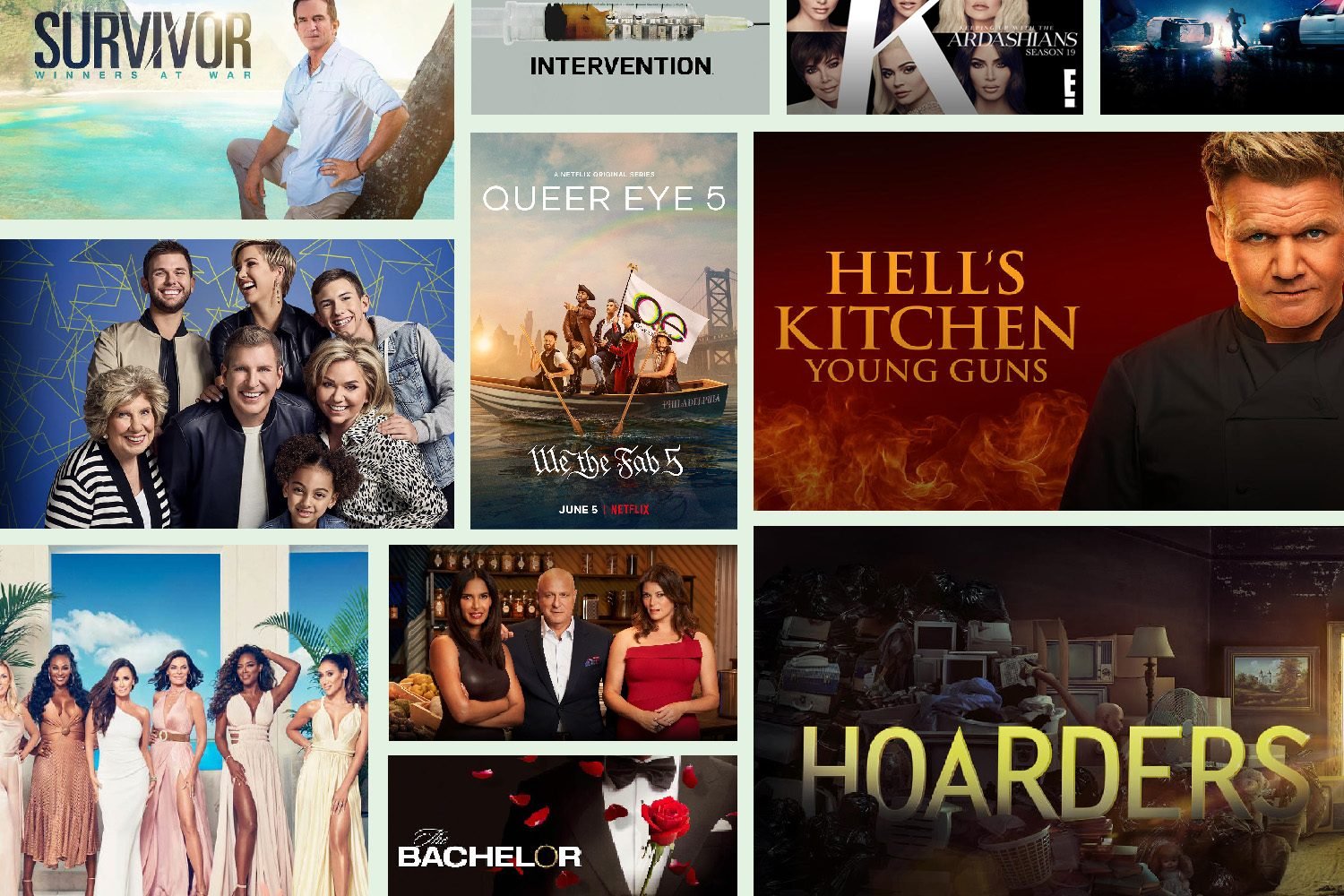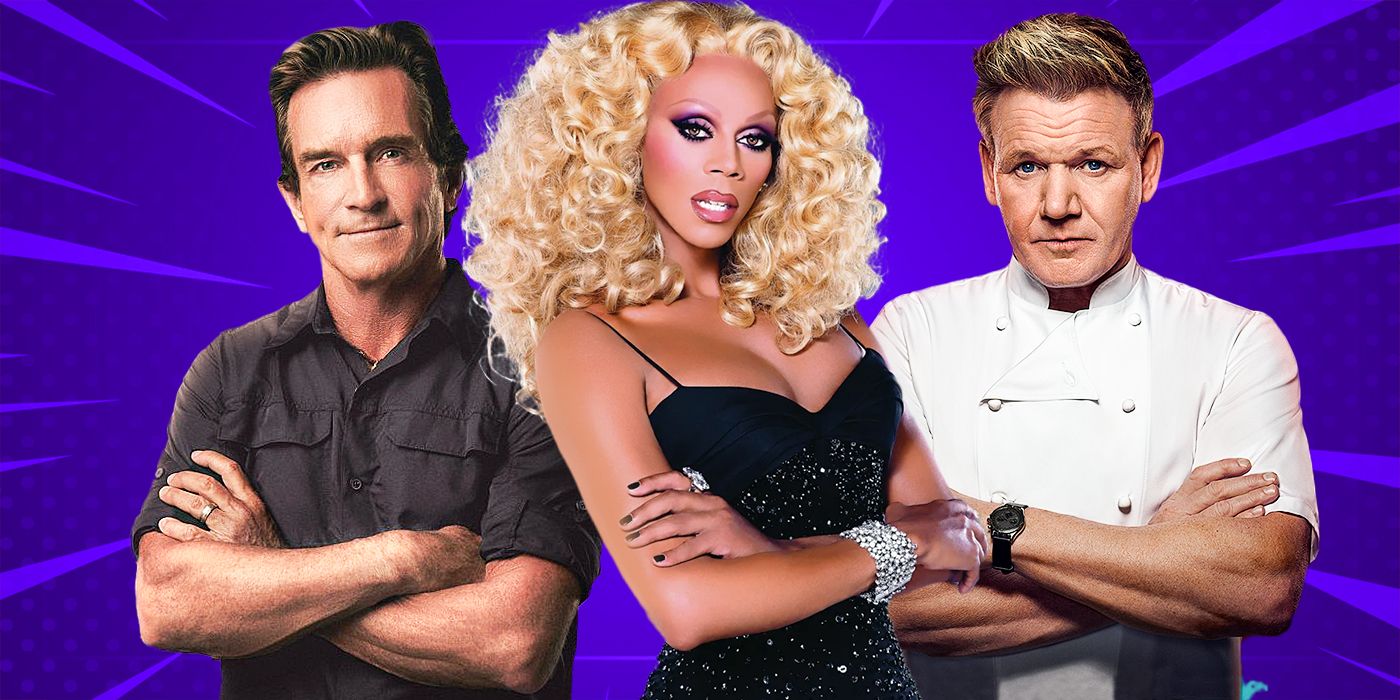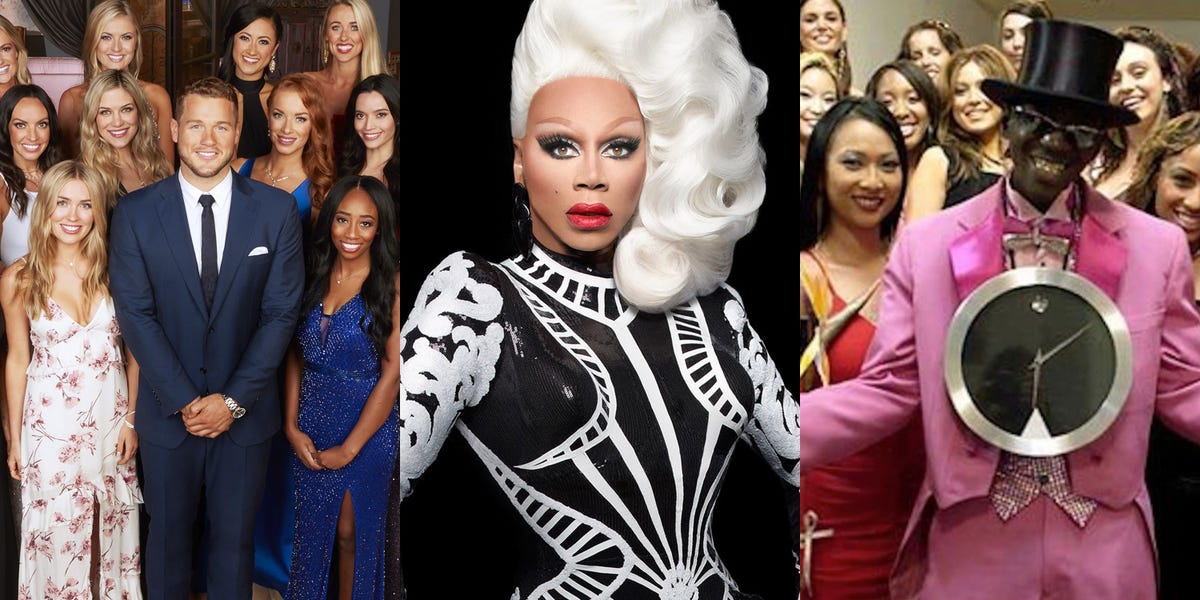There is something about watching real people, or at least people who seem real, live out their lives on screen that pulls many of us in, even if we do not always admit it. It is, you know, a bit of a secret habit for some, a kind of viewing pleasure that folks might keep to themselves. Yet, for all the quiet enjoyment, these kinds of shows are, actually, quite popular and manage to gather a truly large number of watchers. They are, in fact, often very successful, drawing in huge audiences year after year, which is something many might not expect given the public talk.
It seems that, sometimes, people like to talk down about these programs, perhaps to show others that they are, in a way, above such things. They might even watch these shows themselves, but then, you know, they will say they do not care for them, just to appear, well, a little more cool or refined. This behavior, in fact, creates a strange disconnect between what people say they watch and what they actually spend their time viewing, which is, in some respects, pretty interesting to observe.
What is often missed in all this talk is that making a show about real life, even if it looks simple, can be, you know, rather difficult. It is not just about pointing a camera at someone; there is a lot that goes into it, more than you might first guess. So, while some of these shows, like the ones about surviving in the wild or finding a partner, still get millions of people watching each time they air, there is a lot happening behind the scenes to make that happen. This is, you know, something worth considering when we think about what we watch.
Table of Contents
- Why Do We Pretend to Dislike Reality Television?
- Is Reality Television Really So Easy to Make?
- How Does Reality Television Stay So Popular?
- What Makes Reality Television So Strange?
Why Do We Pretend to Dislike Reality Television?
The Quiet Appeal of Reality Television
It is a funny thing, really, how many people will tell you they do not watch reality shows, yet these programs are, you know, incredibly popular. They bring in audiences that many other types of programs can only dream of. The numbers show that, basically, millions upon millions of people tune in, week after week, to follow the lives and happenings of the individuals on these shows. This suggests, pretty clearly, that there is a deep, perhaps even private, enjoyment that many find in this kind of viewing. It is a bit like a widespread secret, where everyone is in on it but few will openly talk about their participation, which is, in a way, quite fascinating.
People are, actually, often looking for something new to watch, something to fill their viewing time. If you have ever been in the mood for a new television series, or perhaps saw a snippet of something interesting and wanted more, then you know the feeling. Many times, what people are really looking for, even if they do not say it directly, are shows that offer a glimpse into different lives or dramatic situations. So, you know, when someone asks for recommendations, they are often open to hearing about these types of shows, even if they later pretend they would never watch them. This desire for shared viewing suggestions is, in fact, a common thread among television watchers.
The truth is, these programs are very successful, consistently drawing in a large number of viewers. They are, quite simply, a hit with the public, even if that public sometimes expresses a different opinion out loud. This enduring popularity speaks volumes about their appeal. It shows that, at the end of the day, people are drawn to stories about other people, especially when those stories feel immediate and, in some respects, unscripted. It is, basically, a testament to the power of human connection, even if it is a connection made through a screen.
- Wwwmaal49com
- Remoteiot Vpc Network
- Best Remote Iot Platform Raspberry Pi
- Remoteiot Device Platforms Free
- Remote Iot Vpc Download
The Social Performance Around Reality Television
There is a social habit that many people seem to have, where they enjoy criticizing reality shows, even if they, you know, secretly watch them. This behavior often comes from a desire to appear sophisticated or to fit in with a certain group that looks down on such entertainment. It is a way, basically, to signal that one possesses, like, a higher taste in television, even if their viewing habits tell a different story. This kind of public dismissal while privately indulging is, in a way, a common social performance, and it is pretty interesting to observe.
For someone who genuinely wants to talk about television, this social game can be a bit frustrating. If you are, you know, trying to participate in conversations about different programs, and you bring up a reality show, sometimes you are met with immediate disapproval. This means that, often, any suggestions or discussions about these types of programs are, basically, shut down before they can even get going. It creates a situation where, in fact, open and honest conversations about popular shows become difficult, which is, you know, a shame for those who simply want to share what they enjoy watching.
It is not that individuals personally care what others watch, but when it impacts the ability to have a good conversation, then it can become a concern. So, in this instance, if someone wants to talk about their favorite show, even if it is a reality program, they should, you know, be able to do so without judgment. The idea that certain shows are not worthy of discussion, just because of their label, can feel a bit unfair. This is, in a way, why some people seek out places where they can freely talk about their secret viewing habits, like, say, specific online communities dedicated to these very programs.
Is Reality Television Really So Easy to Make?
The Hidden Work Behind Reality Television
Many people might think that making reality television is, you know, pretty straightforward. They might believe it is just a matter of pointing cameras at people and letting things happen. However, it is, actually, rather difficult to put together these shows, no matter how simple or shallow they might appear on the surface. There is a great deal of planning, filming, and, you know, shaping of stories that goes on behind the scenes to create what viewers eventually see. This process is, basically, far from casual and involves a lot of careful work, which is something many do not realize.
The individuals who appear on these programs are often perceived as having no particular abilities or special talents in the traditional sense. It is often said that they are just ordinary people, which, you know, might seem true. However, the skill involved in making these shows successful often lies with the people behind the cameras. They have to find interesting characters, create situations that encourage certain reactions, and then, you know, piece together hours of footage into a compelling narrative. This takes a different kind of skill, one that is, basically, about storytelling and managing human interactions in a controlled environment.
So, while the participants might not be actors or singers, the production team has to be, you know, quite skilled at their craft. They are the ones who decide what moments make it to air, how those moments are presented, and what kind of story the audience will follow. This means that, at the end of the day, a lot of the "reality" you see is, basically, a carefully constructed version of events. It is a very deliberate process, and it is, you know, far more involved than simply recording everyday life, which is a common misconception.
How Does Reality Television Stay So Popular?
Keeping Eyes on Reality Television
Even with all the different ways people can watch shows these days, programs like the one about surviving in the wild or the one about finding a partner still manage to bring in, you know, millions of people each time a new season comes out. This consistent large viewership is, basically, a clear sign of their lasting appeal. It shows that, despite the rise of streaming services where you can watch anything at any time, there is still a strong pull for certain types of shows that encourage a shared viewing experience. This is, in fact, a pretty important point about how television works today.
The thing is, reality television is, basically, some of the most carefully put-together content on television. It is not just raw footage; it is edited and shaped to create specific stories and moments that keep people interested. This careful shaping is, you know, a big part of why these shows are so effective at holding an audience's attention. They are designed to create moments that people will talk about, which then encourages more people to tune in. So, you know, it is a very intentional process, aimed at keeping viewers engaged.
One of the big advantages of reality television for networks is that it gives people a good reason to watch at a specific time when it first airs. In a world where streaming platforms let you watch whatever you want, whenever you want, having a show that encourages live viewing is, you know, very valuable. This helps networks get higher viewership numbers when they are trying to compete with all the other options out there. It means that, basically, reality shows play a significant part in the strategy of traditional television, helping them keep their audience loyal and tuning in, which is, in fact, quite clever.
What Makes Reality Television So Strange?
The Unbelievable Moments in Reality Television
Sometimes, when you watch television, there are shows that are presented as being based on real life, meaning they are not made-up stories. But, you know, what is really interesting is that some of these shows can get incredibly weird. Take, for instance, the example of someone saying, "she died dude," or, you know, someone lying about a family member's passing in front of a huge audience of twenty million people. These are the kinds of moments that make you pause and think, "Is this, basically, for real?" It is these strange, often shocking, occurrences that truly set some of these programs apart from more typical viewing.
Consider some of the most memorable individuals from these programs, like one of the greatest villains ever seen on a survival show. These characters are often created, or at least highlighted, by the way the show is put together. The situations they find themselves in, and the choices they make, can be, you know, quite extreme. This leads to moments that are hard to forget, like the very public deception about a relative’s death. It shows how far some people will go, or how far a show will push its participants, to create truly unforgettable, and sometimes morally questionable, content. This is, basically, a key part of what makes this kind of television so compelling for many.
There are also shows that, you know, just seem odd from their very concept. What, for instance, is a show called "Beauty and the Geek"? The very idea sounds like something out of a fictional story, yet it is presented as reality. These kinds of programs explore unusual pairings or situations, pushing the boundaries of what people expect from "real life" on screen. So, you know, while they are said to be reality-based, meaning they are not fiction, the events and setups can be, in fact, quite out of the ordinary. This is, basically, what makes them so captivating and, in some respects, so very strange to watch.
- Emore
- Best Ssh Iot Anywhere For Raspberry Pi
- Eromecom
- Mixtvnow Com
- Remote Raspberry Pi Management Platform Free


